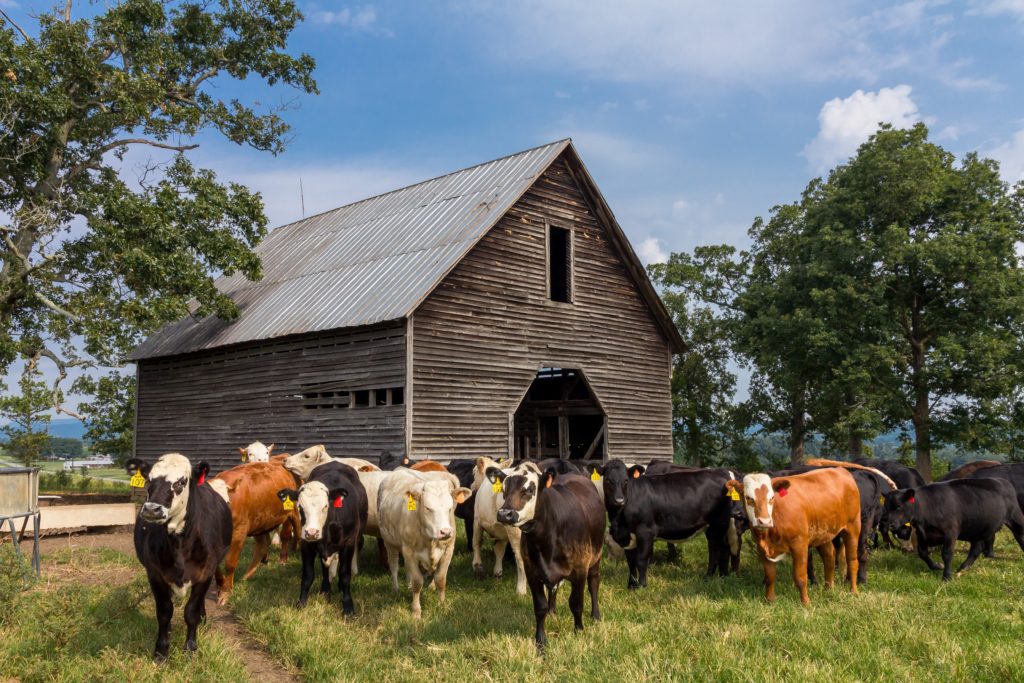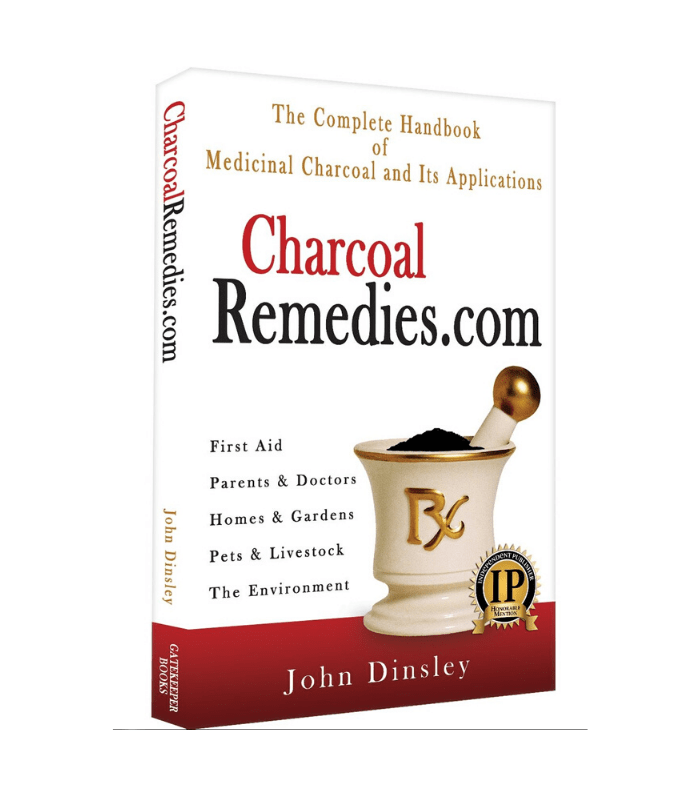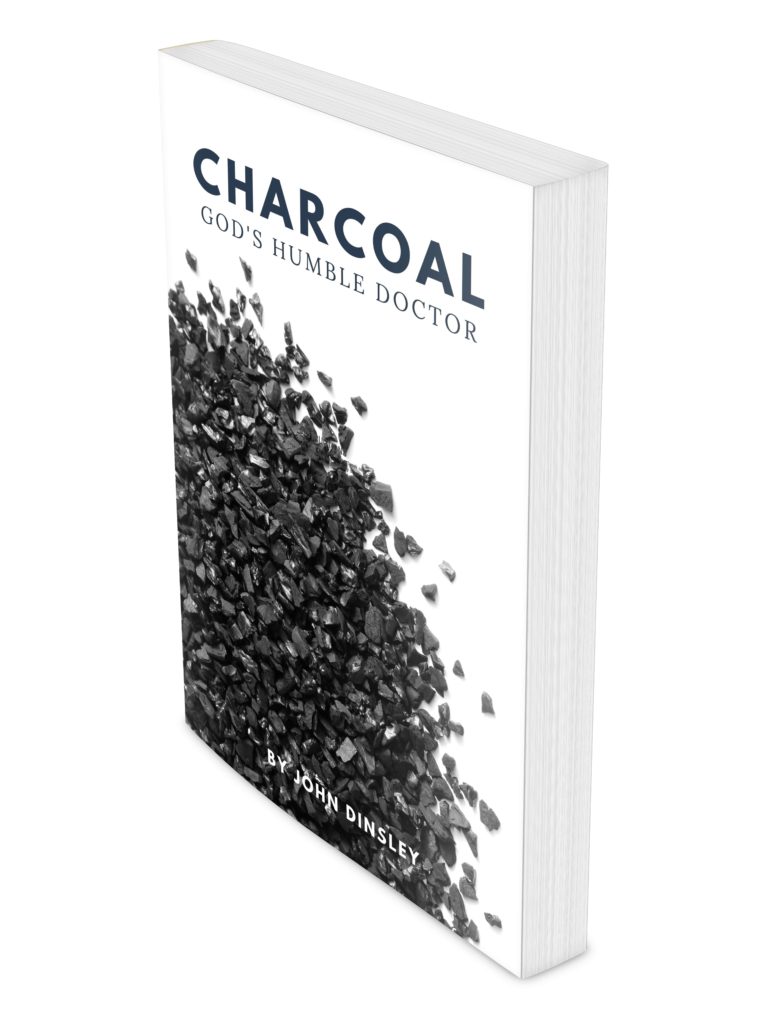Activated Charcoal in Animal Feed

AAFCO, USDA and Activated Charcoal in Animal Feeds
Earlier this year we had an inquiry asking about the use of activated charcoal in animal feeds, and if we were aware of a recent action by AAFCO to delete “charcoal” from the list of animal feed terms. (See “Letter to Editor” Bottom of Page)
Our response follows:
While we were not aware of that action, we recognized that it did align itself with the 2002 OMRI/USDA position paper with respect to activated charcoal as a animal feed supplement.
(Go to “OMRI Position Paper” to read the Review and download PDF file)
In 2002 OMRI (Organic Materials Review Institute) updated a previous evaluation of activated charcoal as an animal feed supplement for the USDA. The 3-person panel was in complete agreement as to the unmatched efficacy of activated charcoal for the treatment of animal poisoning. The only concern was that unscrupulous livestock owners would doctor spoiled feed with activated charcoal knowing that the activated charcoal would quickly neutralize virtually all toxins and thus render the contaminated feed harmless.
But, it appears from other reports that another major concern is that it is generally assumed that activated charcoal will neutralize medicated feeds especially in the livestock industry. That is, activated charcoal will most likely adsorb/neutralize antibiotics, steroids, hormones, etc. Because it would be almost impossible to regulate activated charcoal use in specific applications (i.e. Cattle feed and not pet foods) the USDA has chosen to apply the ban generally.
Suggesting charcoal may be used as a “drug” is very misleading. Charcoal is inert. It is neither digested nor assimilated by any animal. To suggest “potential dioxin contamination” is truly bizarre since activated charcoal is used for dioxin decontamination. If possible dioxin contamination was truly the reason, why is the same charcoal used in kidney and liver dialysis units, and hundreds of thousands of domestic water filters in America and worldwide? Will using it in water filters be considered a “drug” use?
Why is Veterinair® activated charcoal sold in Europe specifically as a feed supplement to protect livestock from accidental poisoning? Because it works and does not in any way harm the animal or adversely affect the end user—the egg eater, the milk drinker, and the meat chewer. (See also VetDTox)
Why is charcoal used in Europe for food coloring in various foods (Licorice, jelly beans, caviar, jams, juices,..) if it is so dangerous for animals?
As for being truly “aware” of the difference between fact and fiction, look beyond the headlines.
In the mean time bone char powder will work as a substitute for some applications (coloring, abrasive) but is all but ineffective for toxicity problems.
Editor
Letter to Editor:
“Hello,
Thanks for your reply. The charcoal I recently purchased was to be used as an abrasive component in a dog treat our company is developing. However, I have just read (Charcoal Term to be deleted from the list of feed terms) that charcoal will be deleted from the list of feed terms by the AAFCO by 2012. Are you aware of this action? Apparently there are concerns regarding safety (e.g., potential dioxin contamination) and its intended use as a “drug.”
Charcoal. One action that will affect some pet foods is the deletion of charcoal from the list of feed terms. It is a decidedly very old term. It has been present in the AAFCO Official Publication since 1972 and perhaps for much longer (that year is the oldest Official Publication in my library).
For decades or more, some pet food manufacturers have been using the feed term in lieu of a formal ingredient definition to support use of charcoal in dog biscuits and similar items as a flavor and/or breath freshener. However, concerns regarding safety (e.g., potential dioxin contamination) and intended use as a “drug” prompted the recent action. Pet food manufacturers currently using charcoal in products theoretically could replace it with bone charcoal, which is an AAFCO-defined ingredient in the Mineral Products section of the Official Publication.
Sincerely”
Shannon
May 2011

John Dinsley
Born in British Columbia, Canada, John Dinsley has lived, and worked from South America to the North Pole, from Nova Scotia to Nepal. He is trained as a lifestyle counselor, teaches public health programs, home remedies workshops, and has operated a family care home. He and his wife Kimberly are the owners of Charcoal House LLC. They often travel together across the U.S. and internationally to conduct charcoal workshops. He is a carpenter by trade, has managed an organic market garden business, and volunteered in overseas development work. When he is not building, teaching or gardening, he enjoys writing.


